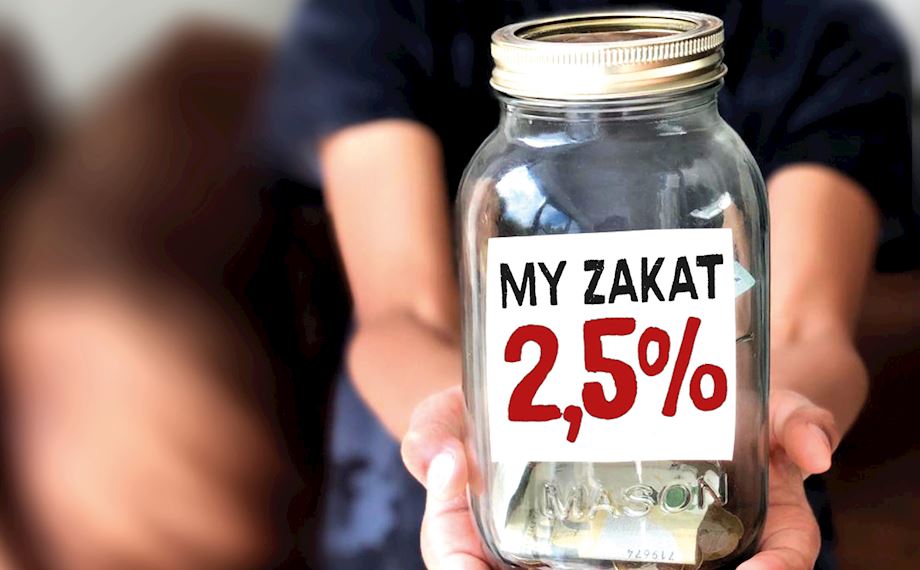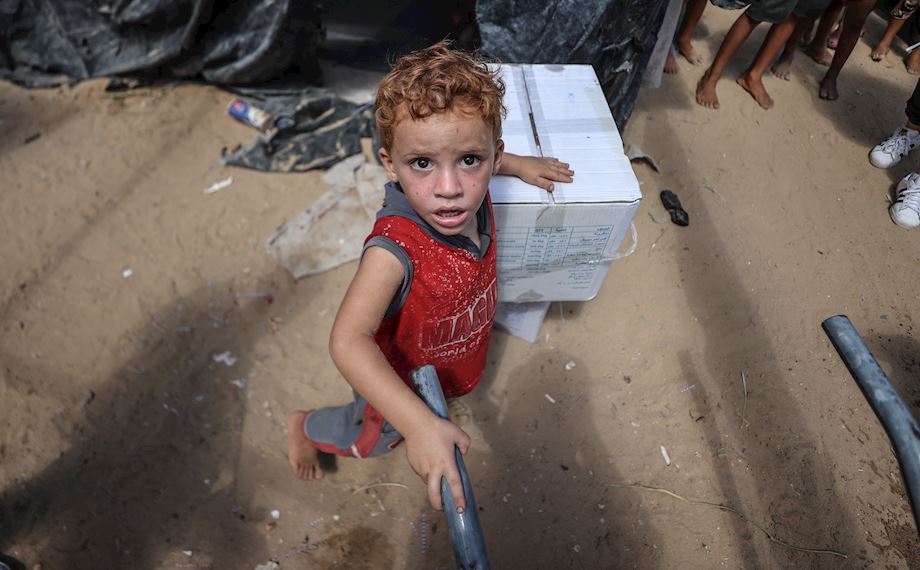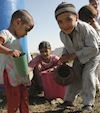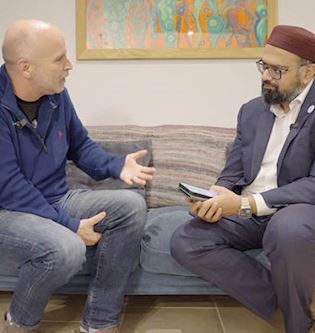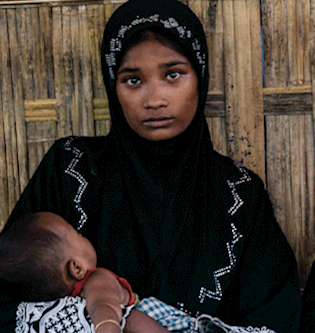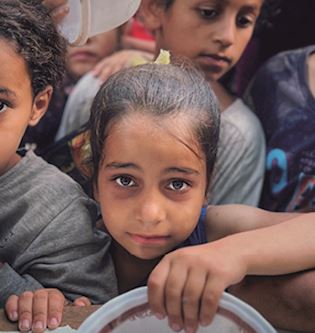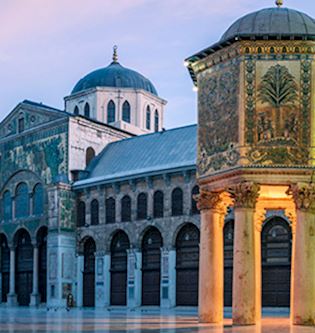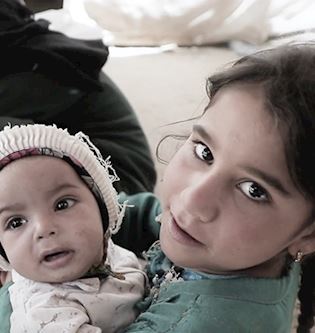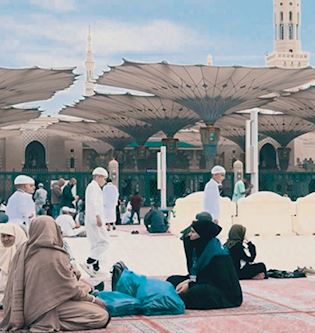Benefits of the first 10 days of Ramadan

'This is a month, the first part of which brings Allah’s Mercy, the middle of which brings Allah’s forgiveness and the last part of which brings emancipation from hellfire.' (Bukhari)
Jumping straight into doing acts of worship can be difficult to keep up if we don't have a plan. Realising that Ramadan is a marathon rather than a sprint will allow us to prepare accordingly and to effectively get the most out of this blessed month. We’re all too familiar with that struggle of throwing ourselves head first into the swing of Ramadan at the beginning, losing momentum during the middle, and battling to keep up by the end. Here’s a quick guide to maintaining a strong and steady pace to last us through the whole month of Ramadan.
The first ten days are the days of Mercy. Here are 10 easy steps in seeking Allah’s mercy on these days:
1. Plenty of dhikr (remembrance of Allah) and du'a
Reciting Subhan-Allahi wa bihamdihi (Allah is free from imperfection and His is the praise) one hundred times a day will wipe away sins even if they are equal to the extent of the ocean. This can easily be broken down to fit our busy Ramadan schedules by reciting it ten times before and after our five daily prayers.
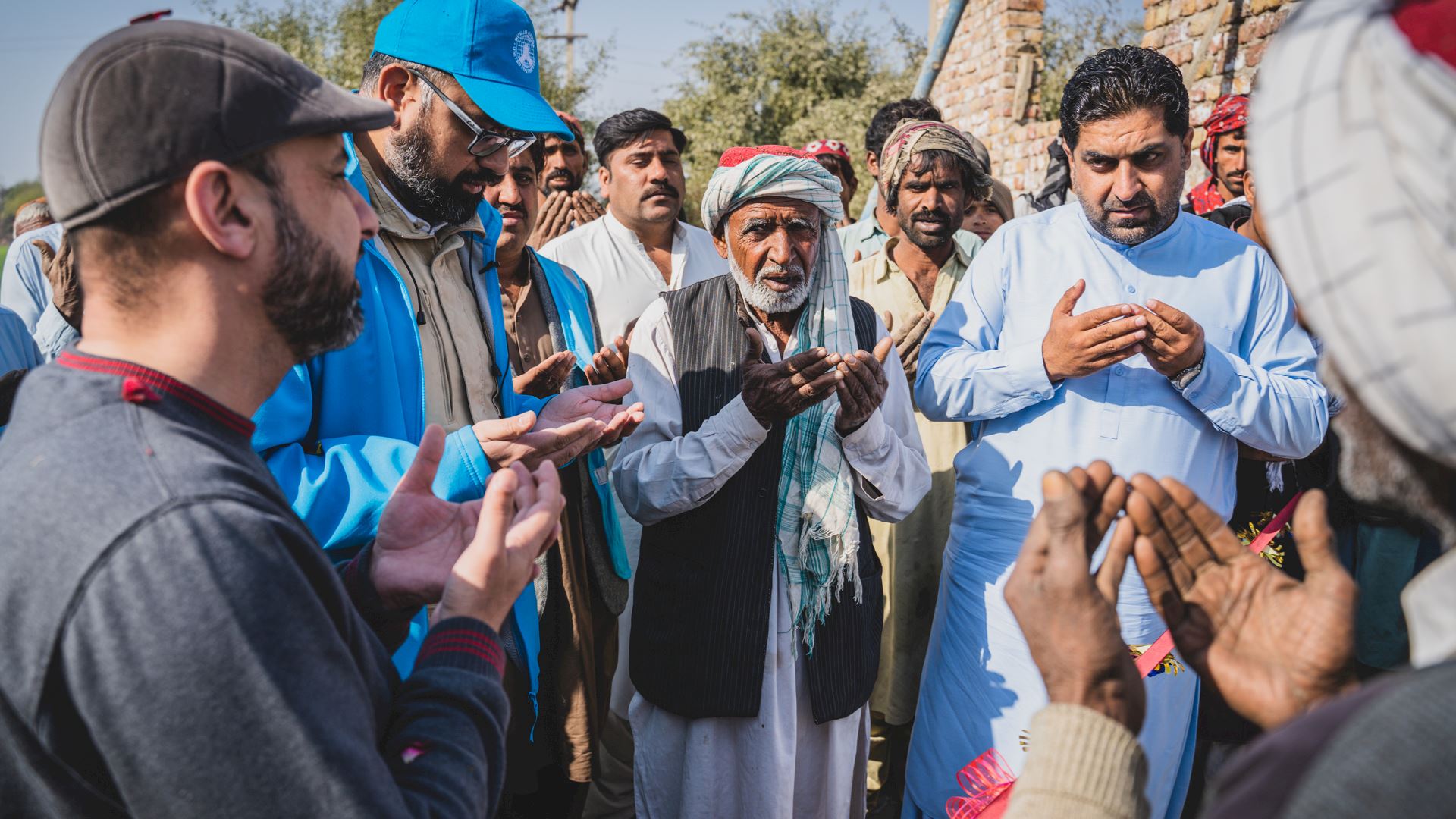
2. Reciting the holy Qur’an
Completing the Qur’an might seem overwhelming at the beginning, but breaking it down can really help. Try reading 4.5 pages after every prayer. By the end of Ramadan, you will have completed the whole Qur’an!
3. Renew intentions
Fasting is a mercy in itself. Constantly renewing your intentions will keep up morale and motivation. Don’t forget to remind yourself that you are fasting for the sake of Allah and not simply starving yourself. In sha’ Allah this should keep you steadfast.
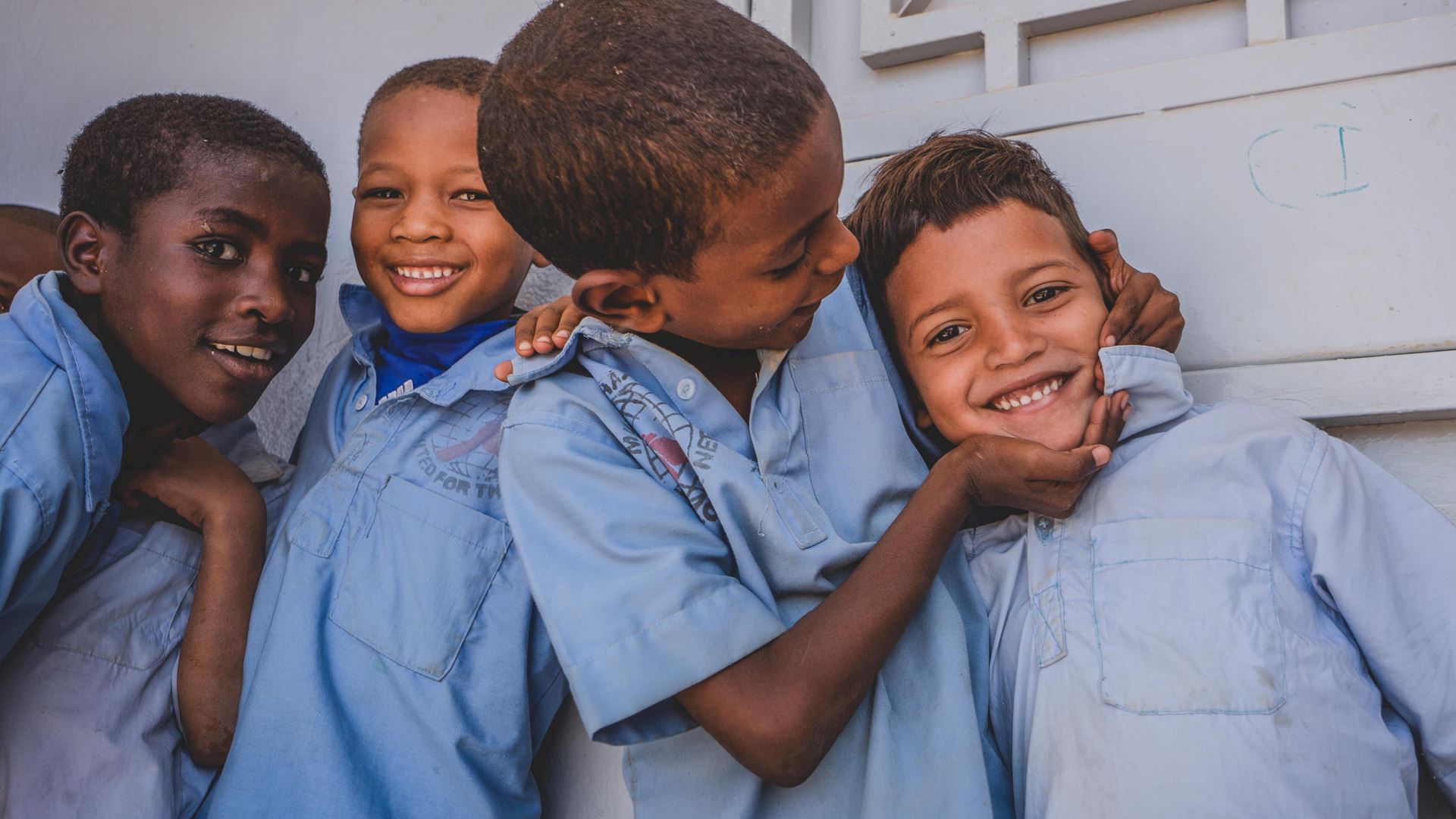
4. Practice being merciful
Allah says that those who are merciful will be shown mercy, so go that extra mile for your family, neighbours and friends this month. Be extra patient with your siblings and carry out simple acts of kindness such as offering your seat on the bus.
5. Giving charity
A lot of people wait for the reward of the last ten days, but it is better not to delay charity even if that means giving less then you intended at the beginning so you can also catch the reward of the last days. Allah loves those who help the ones in need and in giving charity you help your brother and yourself. There is more reward in giving charity secretly but there is still plenty of reward in giving it openly, 'If you disclose your Sadaqah, it is well; but if you conceal them and give them to the poor, that is better for you'. (Qur’an 2:271)
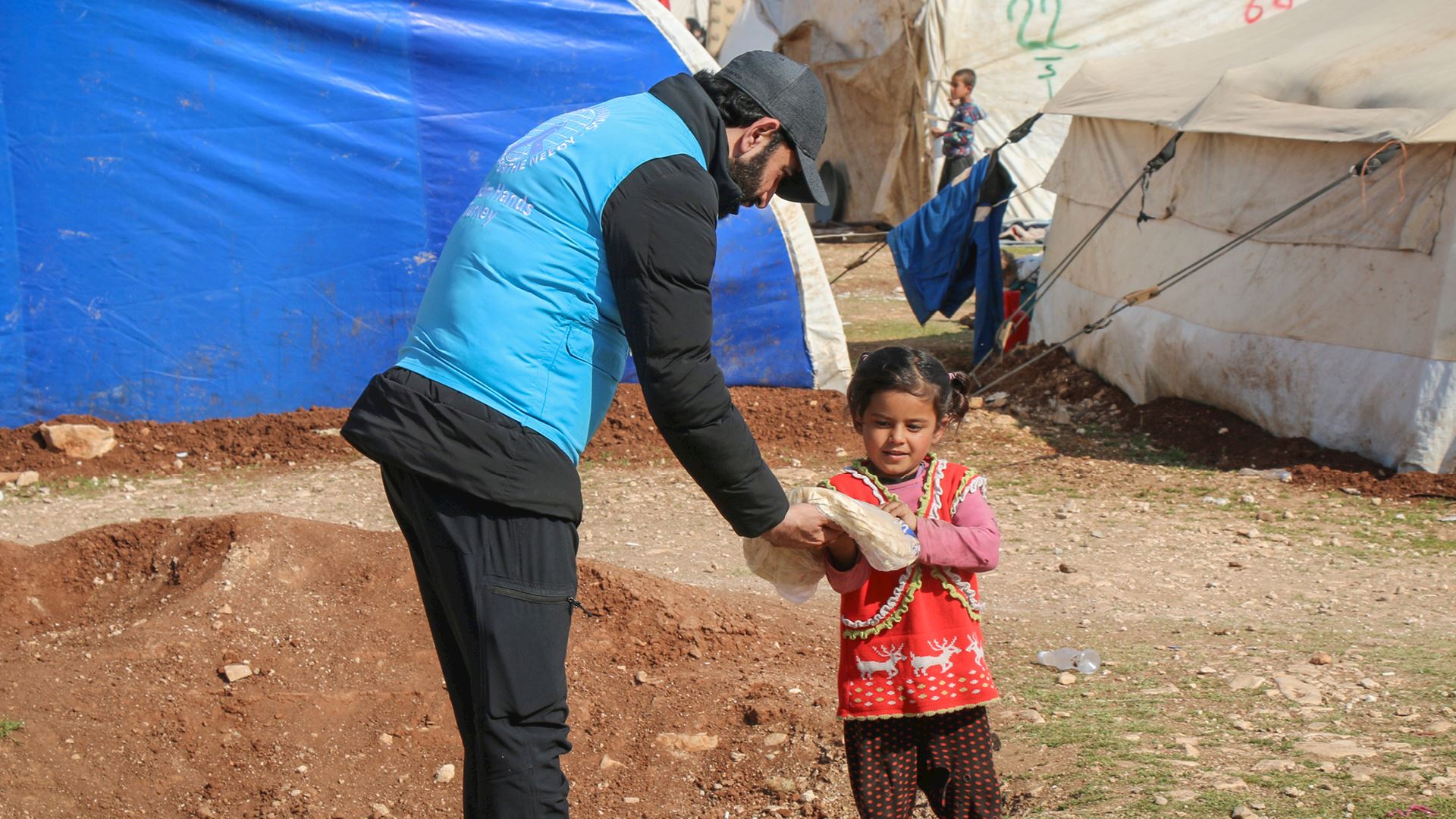
6. Practising the Sunnah
Plan your Sahur meal to encourage yourself to wake up in the early hours of the morning, even if it is just to have an odd number of dates and some milk. The Prophet (saw) said, 'There are blessings in this meal'. It is what distinguishes our fasts from those of the People of the Book. Check out our Sunnah recipes here.
7. Looking after your neighbours
The last ten days are mostly spent in seclusion as people try to get closer to Allah during these days. Spending time with your fellow brothers and sisters is more convenient during the beginning of Ramadan, but don’t forget to be there for friends and loved ones. Volunteering at your local mosque or something as simple as helping your mother cook the Iftar meal is a great way of showing kindness to others. Remember, Sadaqah starts in the home and with family and friends.
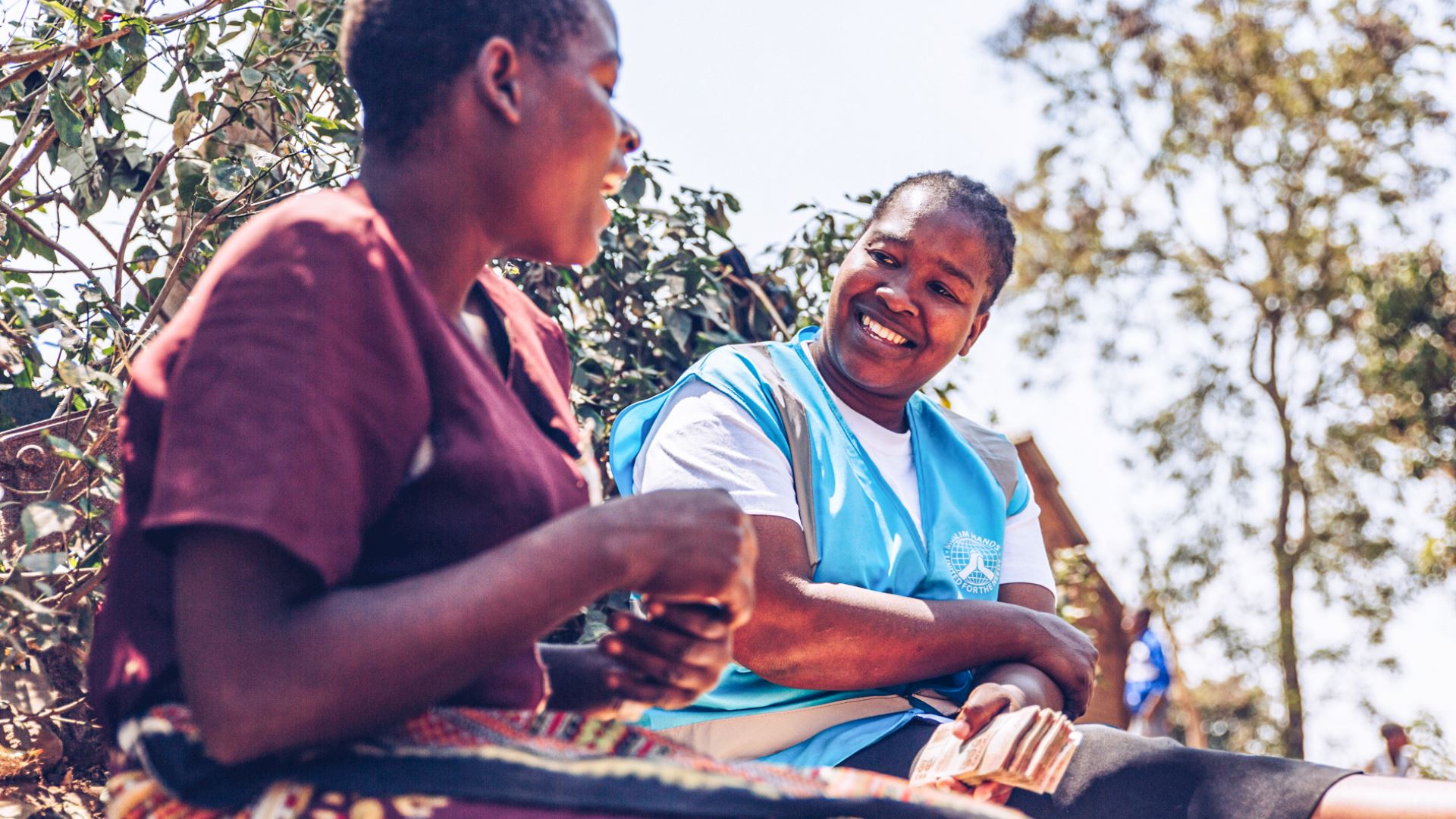
8. Seeking forgiveness
Ramadan is one of the biggest iman boosters of the year. It’s the perfect time for seeking forgiveness from Allah and also from our brothers and sisters who we may have wronged. This is the ideal time for repairing and strengthening relationships. Allah loves those who love each other for his sake.
9. Voluntary prayers
Ramadan is an ideal time to start adding the voluntary nafl prayers. It is also great practice for endurance when it comes to the night (Tahajjud) and Taraweeh prayers.
10. Praying in congregation
‘It was narrated by Ibn Umar, may Allah be pleased with him, that the Prophet (saw) said, "Prayer in congregation is superior to prayer alone by twenty-seven degrees."' (Muslim) This means men should endeavour to attend the masjid for the five obligatory prayer as well as Taraweeh. In sha’ Allah if we remain consistent, praying in congregation will become a habit even after Ramadan. As for women, it is fine to pray in the home, but one can always form a congregation with family and friends.





